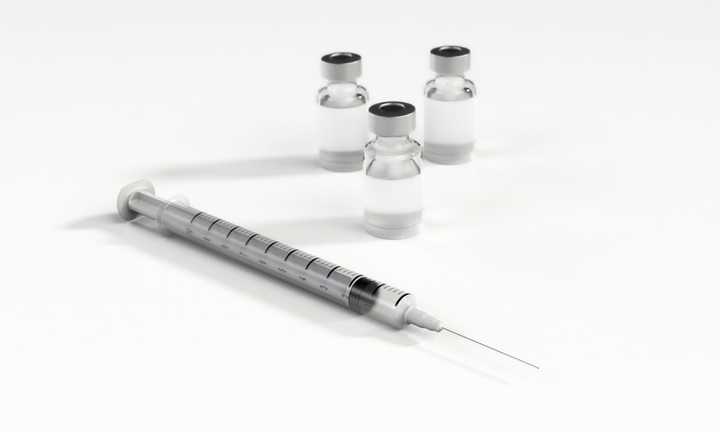The new vaccine, approved by the federal Centers for Disease Control and Prevention on Tuesday, Sept. 12, and previously authorized by the federal Food and Drug Administration, is meant to target a subvariant of Omicron called XBB.1.5, Hochul announced on Wednesday, Sept. 13.
The vaccine was developed after the FDA decided to target the subvariant, which is closely related to over 90 percent of all circulating COVID viruses, according to the CDC. A waning immunity amongst the public also made the new vaccine necessary, officials said.
"The vaccine has always been the best way to protect yourself and your community against COVID-19, and this updated vaccine addresses newer strains of the virus that are currently circulating," Hochul said in a statement.
She continued, "As we enter the Fall season, when respiratory viruses circulate, it is vital that New Yorkers consider getting this updated vaccine to protect themselves from this still dangerous virus."
The 2023-24 vaccine will become available in pharmacies and physicians’ offices throughout New York in the coming days, Hochul said. It is recommended for everyone six months or older who has not received a vaccine in the past two months.
The recommended dosages for each age group are:
- Children aged 6 months to 4 years getting a vaccine for the first time should get two doses of a Moderna vaccine or three doses of a Pfizer vaccine;
- Children aged 6 months to 4 years who have already received a vaccine should get one dose of either updated vaccine;
- Children aged 5 through 11 can receive a single dose of the updated vaccine at least two months after their last dose of any COVID-19 vaccination ;
- Those 12 and older who have already received vaccines should get a single dose of either the Pfizer or Moderna updated vaccine;
- Those 12 and older who have not been vaccinated should get a two-shot series.
Those who have been infected with COVID-19 in the last two months should speak with a healthcare provider, officials said.
According to officials, most healthcare plans will cover the cost of the vaccines without the need for co-pays.
Those who are uninsured or whose insurance does not cover the updated vaccine can still receive it for free from community health centers, local, tribal, or territorial health departments, or pharmacies participating in the HHS’ Bridge Access Program.
Click here to follow Daily Voice Harrison and receive free news updates.
